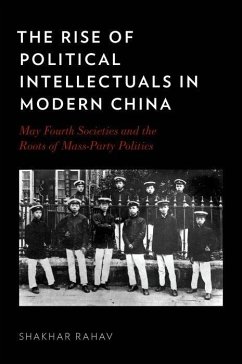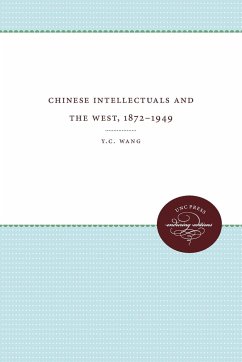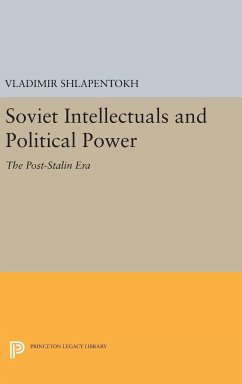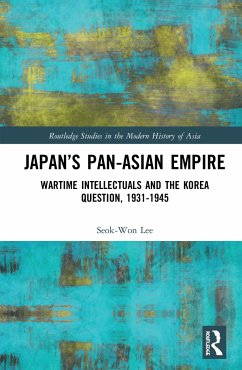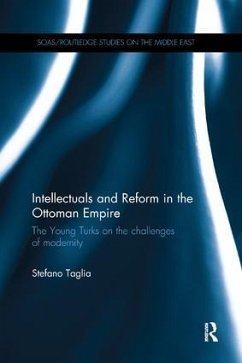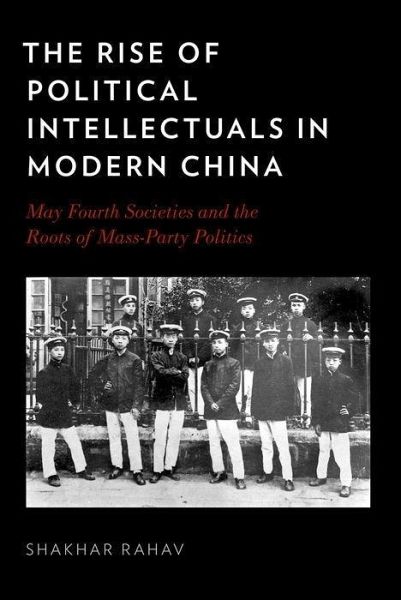
Rise of Political Intellectuals in Modern China
Versandkostenfrei!
Versandfertig in 1-2 Wochen
38,99 €
inkl. MwSt.
Weitere Ausgaben:

PAYBACK Punkte
19 °P sammeln!
The May Fourth movement (1915-1923) is widely considered a watershed in the history of modern China. This book is a social history of cultural and political radicals based in China's most important hinterland city at this pivotal time, Wuhan. Current narratives of May Fourth focus on the ideological development of intellectuals in the seaboard metropoles of Beijing and Shanghai. And although scholars have pointed to the importance of the many cultural-political societies of the period, they have largely neglected to examine these associations, seeing them only as the seedbeds of Chinese commun...
The May Fourth movement (1915-1923) is widely considered a watershed in the history of modern China. This book is a social history of cultural and political radicals based in China's most important hinterland city at this pivotal time, Wuhan. Current narratives of May Fourth focus on the ideological development of intellectuals in the seaboard metropoles of Beijing and Shanghai. And although scholars have pointed to the importance of the many cultural-political societies of the period, they have largely neglected to examine these associations, seeing them only as the seedbeds of Chinese communism and its leaders, the most prominent of these being Mao Zedong. This book, by contrast, portrays the everyday life of May Fourth activists in Wuhan's cultural-political societies founded by teacher and journalist Yun Daiying (1895-1931). Rahav examines how the radical politics in the hinterland urban centers developed into a nationwide movement that would provide the basis for the emergence of mass political parties, namely the Nationalist Party (Guomindang) and the Chinese Communist Party (CCP).




